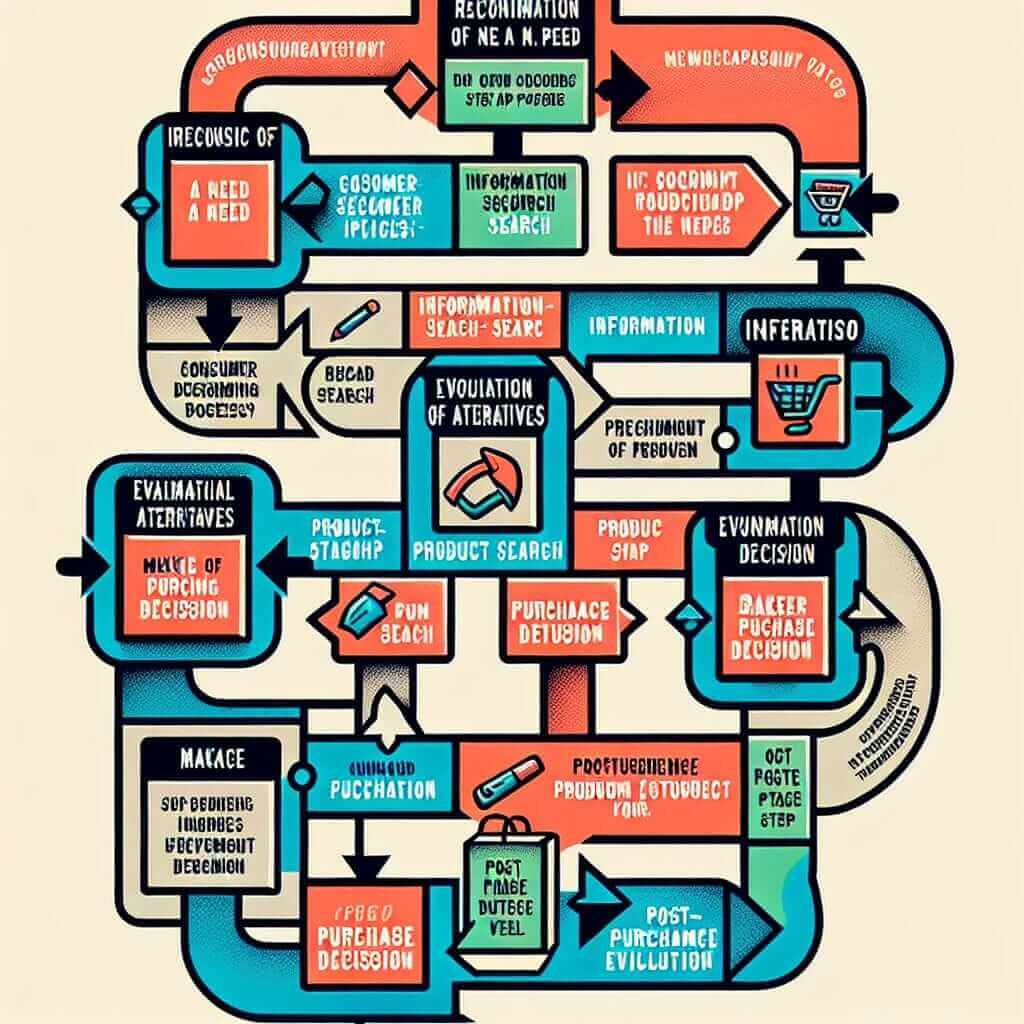The IELTS Speaking test often presents scenarios where candidates are asked to discuss consumer behavior, particularly how consumers decide. This can feel tricky, as it delves into the realm of psychology and market forces. This article, crafted from my 20+ years of experience teaching IELTS, will equip you with the understanding and vocabulary to confidently tackle such questions.
Understanding the Keyword: “How Consumers Decide”
In the context of IELTS Speaking, “how consumers decide” refers to the decision-making process individuals go through when choosing to purchase a product or service. Examiners are looking for your ability to:
- Analyze factors: Identify and explain the various elements influencing consumer choices.
- Provide examples: Illustrate your points with relevant and specific real-world examples.
- Use appropriate vocabulary: Demonstrate a command of vocabulary related to marketing, psychology, and consumer behavior.
Factors Influencing Consumer Decisions
1. Personal Factors
- Needs and Wants: Basic needs (food, shelter) versus desired wants (luxury items) play a significant role.
- Example: Someone with a limited budget will prioritize basic necessities over a new phone, even if it’s advertised heavily.
- Values and Beliefs: Ethical considerations, environmental concerns, and personal values heavily influence choices.
- Example: A consumer concerned about sustainability might choose eco-friendly products, even if they are more expensive.
- Personality and Lifestyle: Individual preferences and lifestyle choices impact purchasing decisions.
- Example: An extroverted individual might be drawn to brands emphasizing social connection and experiences.
2. Social Factors
- Culture and Subculture: Cultural norms and values heavily influence what’s considered desirable or acceptable.
- Example: Food preferences vary greatly across cultures, impacting the success of certain brands in different regions.
- Social Class: Income levels and social status affect purchasing power and brand preferences.
- Example: Luxury brands target a specific demographic with aspirational marketing campaigns.
- Reference Groups: Family, friends, and social circles influence choices through recommendations and shared values.
- Example: Word-of-mouth marketing relies on the power of social influence and recommendations.
3. Marketing Factors
- Product Design and Features: Aesthetics, functionality, and innovation are key drivers of consumer interest.
- Example: Apple products are known for their sleek design and user-friendly interface, which are major selling points.
- Pricing Strategies: Price points, discounts, and payment options influence perceived value and affordability.
- Example: “Buy one get one free” offers create a sense of urgency and encourage larger purchases.
- Advertising and Promotion: Marketing campaigns create brand awareness, shape perceptions, and drive sales.
- Example: Celebrity endorsements leverage the influence of public figures to enhance brand image.

IELTS Speaking Tips: Excelling in “Consumer Decision” Questions
- Build Your Vocabulary: Familiarize yourself with terms like brand loyalty, target audience, consumer behavior, purchasing habits, marketing strategies, and psychological factors.
- Practice with Sample Questions: Utilize IELTS practice materials to become comfortable with the format and anticipate question types.
- Structure Your Responses: Employ a clear and logical structure (introduction, main points with examples, conclusion) for coherent answers.
- Express Your Opinions: Don’t be afraid to share your perspectives on consumer behavior and marketing tactics. Back up your views with reasons and examples.
Conclusion
Mastering the art of discussing “how consumers decide” in your IELTS Speaking test involves understanding the multifaceted influences at play. By grasping the key factors, building relevant vocabulary, and practicing effectively, you’ll confidently navigate these questions and showcase your analytical prowess. Remember, demonstrating your ability to think critically about consumer behavior is essential for achieving a high score.